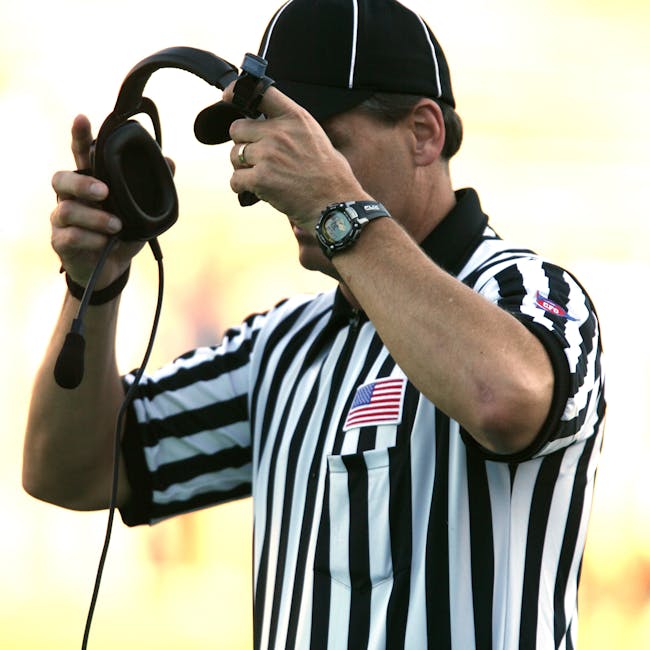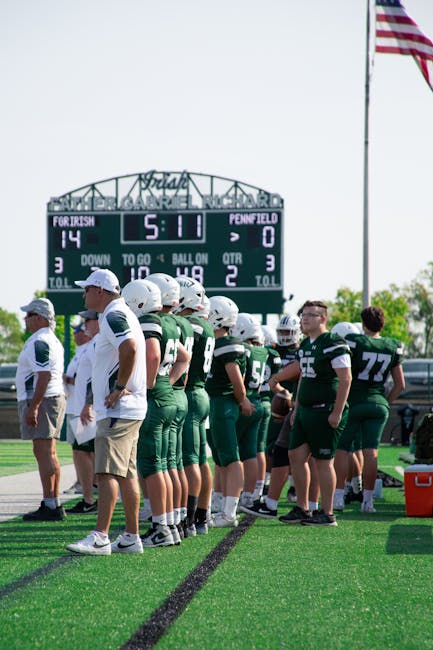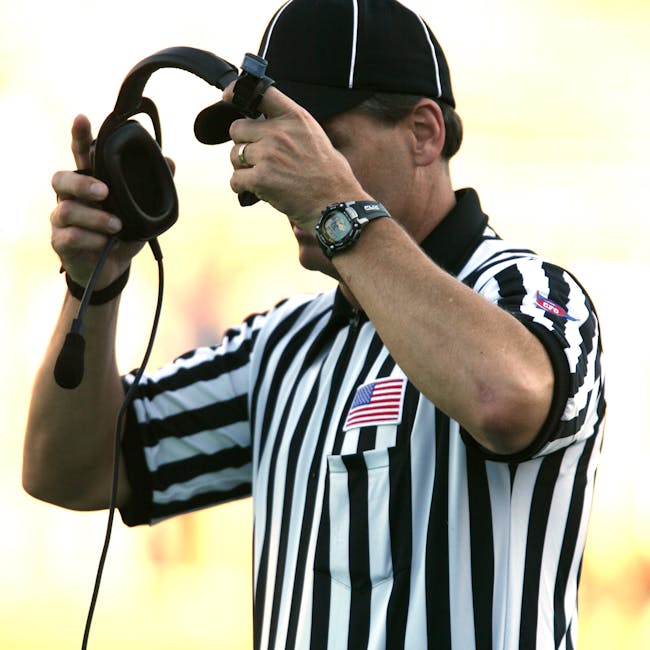Dominate the Gridiron: Your Ultimate Guide to Building a Winning USA Flag Football Team
Flag football, a fast-paced and exciting sport, is experiencing a surge in popularity across the USA. Whether you’re a seasoned athlete looking for a new challenge or a group of friends seeking a fun recreational activity, forming a competitive flag football team requires careful planning and execution. This comprehensive guide will walk you through every step, from recruitment and training to strategy and game day preparation, ensuring your USA flag football team is ready to conquer the field.

1. Building Your Foundation: Recruitment and Team Formation
The foundation of any successful team lies in its players. Building a strong roster requires a strategic approach to recruitment. Consider these key aspects:
- Skill Level Assessment: Determine the skill level you’re aiming for. Are you building a highly competitive team aiming for national tournaments, or a recreational team focused on fun and camaraderie? This dictates your recruitment strategy.
- Player Roles: Identify the key positions in flag football (quarterback, receivers, running backs, defensive backs) and actively seek players who excel in those areas. A balanced team is crucial.
- Recruitment Channels: Utilize various platforms to reach potential players. Social media groups, local sports leagues, college campuses, and online forums are great starting points. Consider partnering with local sports organizations to expand your reach.
- Team Chemistry: While skill is paramount, fostering a positive team environment is crucial for success. Recruit players with a good attitude, strong work ethic, and a collaborative spirit.
Once you’ve assembled a promising roster, establish clear team rules, communication protocols, and expectations. This sets the tone for a professional and productive team dynamic.
2. Honing Your Skills: Training and Practice Strategies
Regular and well-structured training is essential for improving individual skills and team coordination. Develop a training plan that incorporates:

- Fundamental Drills: Practice basic passing, catching, running, and tackling techniques (flag pulling). Focus on accuracy and efficiency.
- Position-Specific Training: Dedicate time to drills tailored to each position. Quarterbacks should practice their throws, receivers their routes, and defensive players their tackling and coverage.
- Scrimmages and Game Simulations: Regular scrimmages are vital for developing game strategy, teamwork, and pressure handling skills. Simulate game scenarios to prepare players for real-match situations.
- Physical Conditioning: Flag football requires speed, agility, and endurance. Incorporate cardiovascular training, strength training, and flexibility exercises into your practice routine.
- Film Review: Record practices and games to analyze performance, identify areas for improvement, and refine strategies.
Remember to prioritize injury prevention. Implement proper warm-up and cool-down routines, and encourage players to listen to their bodies.
3. Mastering the Game: Strategy and Play Calling
Developing a winning strategy requires understanding the nuances of flag football. Consider these elements:
- Offensive Playbook: Design a versatile playbook that incorporates various passing plays, running plays, and screen plays. Adapt your playbook to your team’s strengths and weaknesses.
- Defensive Strategies: Develop a defensive scheme that focuses on pressuring the quarterback and covering receivers effectively. Experiment with different zone and man-to-man coverages.
- Special Teams: Don’t underestimate the importance of special teams. Practice efficient and accurate kicking and punting.
- Game Day Adjustments: Be prepared to adapt your strategy based on the opponent’s performance and the flow of the game. Flexibility and adaptability are key to success.
- Communication: Clear and concise communication is crucial on the field. Establish hand signals and verbal cues to ensure every player understands the game plan.
Continuously review and refine your strategies based on game performance and opponent analysis.
4. Beyond the Field: Team Management and Logistics
Successful team management extends beyond the training field. Consider these logistical aspects:
- Team Budget: Establish a budget to cover equipment, uniforms, registration fees, and travel expenses. Explore sponsorship opportunities to alleviate financial strain.
- Equipment and Uniforms: Ensure your team has access to high-quality equipment, including flags, balls, and protective gear. Choose uniforms that project a professional and unified image.
- League Registration: Register your team with a local or national flag football league to participate in organized games and tournaments.
- Travel and Accommodation: If you’re participating in tournaments or travelling for games, plan your travel arrangements and accommodations well in advance.
- Team Spirit and Camaraderie: Organize team-building activities and social events to strengthen bonds and boost morale.
Effective team management ensures a smooth and efficient operation, allowing your team to focus on the game.
5. Reaching the Top: Competing and Improving
Continuous improvement is crucial for maintaining a competitive edge. Analyze every game, focusing on both successes and failures. Identify areas for improvement in individual skills, team strategy, and overall performance. Seek feedback from players, coaches, and opponents to gain valuable insights. Consider attending coaching clinics and workshops to enhance your knowledge and coaching skills. Staying updated on the latest rules, strategies, and trends in the flag football world will keep your team ahead of the competition.

Participating in tournaments provides invaluable experience and exposure. Analyze your performance in these competitive environments to identify weaknesses and refine your strategies. Remember, winning isn’t always the primary goal. The journey of building a team, improving skills, and fostering camaraderie is equally rewarding.
By following this comprehensive guide, your USA flag football team will be well-equipped to dominate the gridiron, whether your ambition is recreational enjoyment or achieving national-level success. Remember that dedication, teamwork, and continuous improvement are the cornerstones of a winning team.

